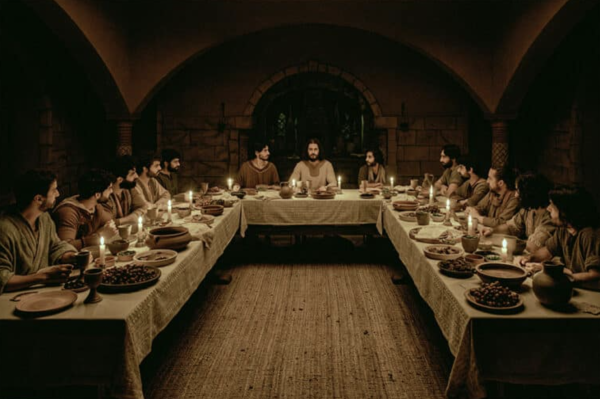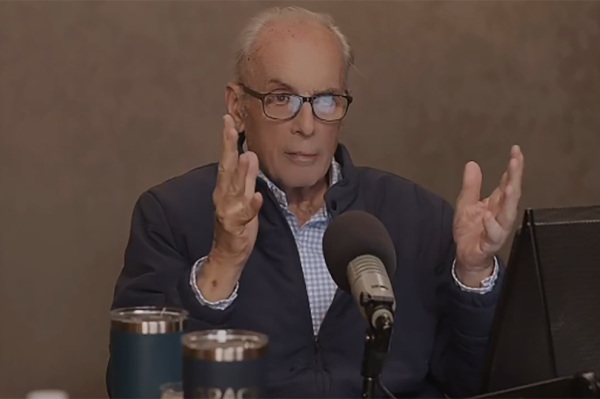Seven Things I've Learned From Joyous Pastors' Wives

One of the unexpected and pleasant surprises of this blog for me is hearing from pastors' wives. As a result, I have written a few blog posts (one, two, three) about these women. Additionally, I interact with the wives via social media on a regular basis.
For certain, I have learned from other spouses of ministers as well. But the most frequent comments have come from pastors' wives. In this article, I share with you the lessons I've learned from pastors' wives who tell me they have found great joy and meaning in their lives. Here are seven of those lessons:
- They focused on their identity in Christ. They are not first pastors' wives. Nor do they find their primary identity in their local congregations. They are daughters of God, loved by Christ, and led by His Spirit. They know they are loved and accepted unconditionally by Him.
- They know they have their husbands' support and priority. Many of the pastors' wives who are struggling are intensely lonely. And one of the key reasons for that loneliness is their sense that they are not the priorities of their husbands.
- They are honest and transparent with their husbands. Because they know they have their husbands' support, they are open and transparent communicators with them. They do not typically hold feelings inside of themselves.
- They understand and accept that criticisms and unreasonable expectations are a part of church life and leadership. So when they or their husbands are criticized, or when expectations are unreasonable, they know that is an unfortunate price of church leadership. It does not eliminate the pain; but it does help them to deal with it in a more healthy fashion.
- They are intentional about making friends outside the church. Most of the pastors' wives admit they have difficulty making friends of church members. So they intentionally seek other female friends outside the church. This one act was mentioned several times as the key way they have mitigated loneliness.
- They don't let others dictate their roles inside or outside the church. They feel the freedom to "be themselves," and not to be shaped into unreasonable images by church members.
- They pray regularly for their churches and church members. Prayer is pervasively powerful. And our prayers for others shape our attitudes toward them. Such was the reason many of them were so positive about fellow church members.
Thank you, ladies, for sharing these important and joyous issues with me. But I know many pastors' wives are struggling. We need to pray for them, encourage them, and seek to serve them.






















